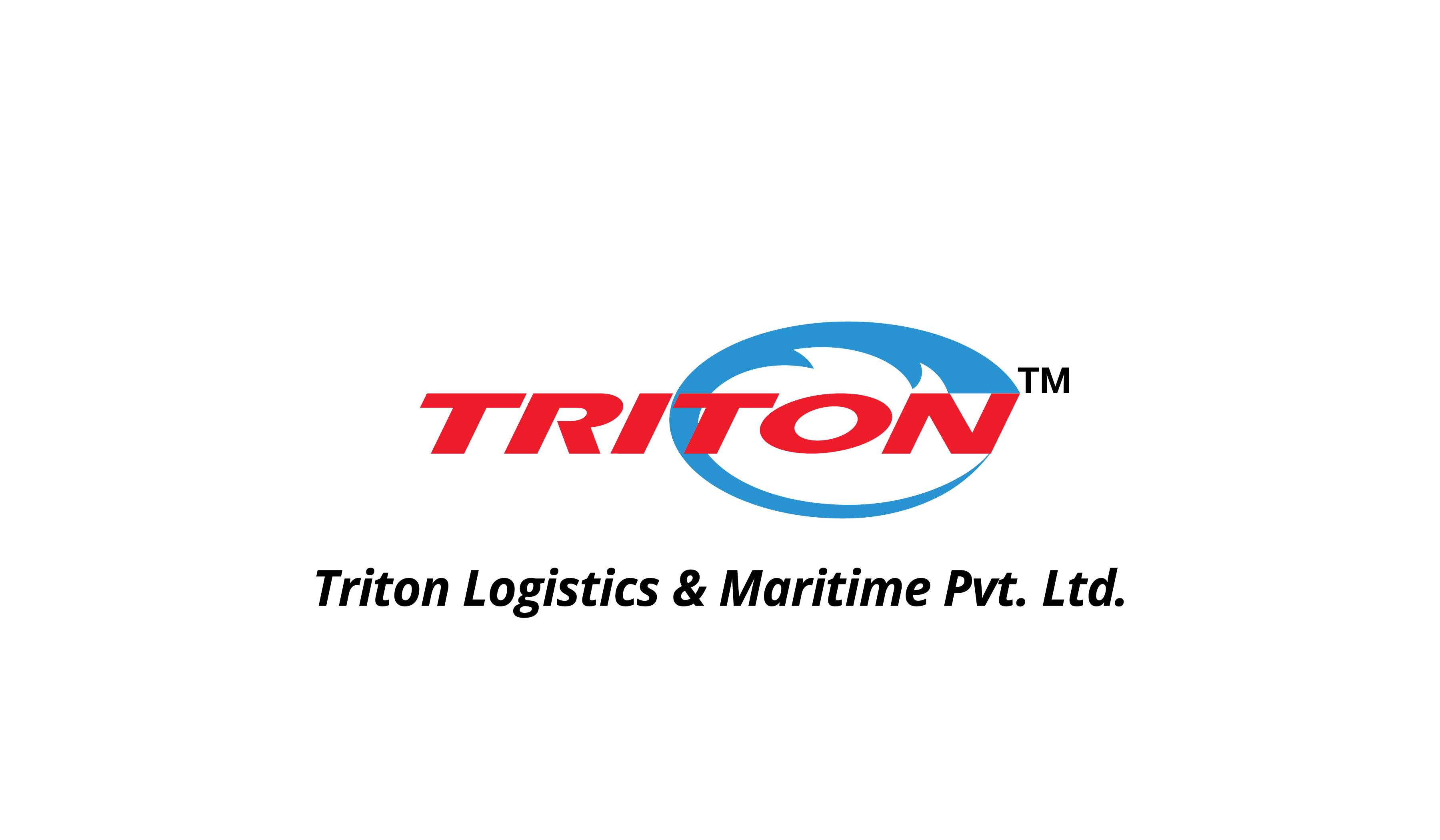
As global demands for chemicals surge, India is rapidly emerging as a powerhouse in the chemical industry. But this growth comes with its own set of challenges—climate change, regulatory pressures, and unpredictable supply chain disruptions. How can the Indian chemical supply chain not only grow but thrive in a responsible and resilient manner? The answer lies in moving beyond basic compliance and embracing a future-ready, sustainable approach to shipping and logistics. Let’s take a closer look at how India’s chemical supply chain is evolving to meet these demands.
India’s Chemical Supply Chain: 2025 & Beyond
The Indian chemical supply chain is rapidly evolving, driven by robust domestic growth, global demand shifts, and a strong push toward sustainability and resilience.
As per a report by Invest India, the Indian chemical industry is valued at approximately $220 billion in 2024 and is projected to reach $300 billion by 2028. Industry experts also predict the sector’s domestic demand potentially rising to $850–$1,000 billion by 2040.
While global chemical production is projected to rise by 3.4% in 2024 and 3.5% in 2025 (Cefic Forecast Report), India’s chemical sector is outpacing global averages due to strong domestic demand and export growth.

ESG-Driven Shipping and Logistics Solutions
Indian chemical manufacturers are rethinking their supply chains to meet the growing demands of sustainability, speed, and regulatory compliance. Logistics is no longer just about moving cargo — it’s about building systems that are adaptable, transparent, and future-ready.
To navigate global uncertainties and increasing environmental expectations, companies are investing in:
- Multimodal freight networks that integrate sea, air, rail, and road to reduce risk and optimize cost.
- Advanced warehousing solutions designed for temperature-sensitive and hazardous materials.
- Circular logistics models that enable waste returns and material reuse across the value chain.
- Real-time visibility tools such as digital manifests and live tracking to enhance responsiveness and reduce waste.
This shift toward ESG-aligned, digitally enabled, and resilient shipping and logistics strategies is positioning India as a leader in responsible chemical supply chain development.

Key Challenges Solved by Triton Logistics & Maritime
We go beyond conventional logistics with future-ready, client-focused solutions:
- Reducing compliance risk with automated, real-time regulatory updates (aligned with IMO 2023, EU Green Deal, and Responsible Care)
- Ensuring supply chain continuity through multimodal redundancy and digital control towers
- Supporting clients’ ESG and sustainability targets with circular logistics and reverse logistics for chemical waste
Triton vs Traditional Compliance-Based Logistics
|
Key Areas |
Traditional Logistics |
Triton Logistics & Maritime |
|
Regulatory Response |
Reactive, manual updates |
Automated, real-time updates (e.g., EU Green Deal) |
|
Freight Model |
Single-mode dependent |
Multimodal, integrated networks |
|
ESG Integration |
Limited or none |
Core to operations (waste returns, low-carbon modes) |
|
Digital Infrastructure |
Low-tech, siloed |
Digital manifests, control towers, live tracking |
|
Custom Client Solutions |
Standardized |
Co-developed, disruption-informed |
Digital Innovation in Chemical Supply Chains
At Triton Logistics & Maritime, our mission is to set new benchmarks in supply chain resilience and responsibility by going beyond traditional Dangerous Goods (DG) compliance. We integrate Environmental, Social, and Governance (ESG) principles, digital innovation, waste returns, and circular logistics—anchored in global best practices—to deliver sustainable and future-ready shipping and logistics solutions.
Collaborative Innovation with Global Clients
Triton works closely with clients to co-develop logistics strategies tailored to their needs. From restructuring routes post-pandemic to building contingencies during the Red Sea crisis, our teams draw on real-world disruptions to create resilient frameworks.
The ongoing Red Sea crisis, triggered by missile and drone attacks from the Houthi movement, has disrupted global shipping lanes, leading to rising costs and delayed shipments. According to Jitendra Srivastava, CEO of Triton Logistics & Maritime,
“Logistics is one sector which always has some challenge or the other. That’s the beauty of the logistics or supply chain industry which keeps reinventing itself. The Red Sea crisis happened when shipping lines were settling down post-Covid. This is not the first time, and this is not the last time that it will happen.”
Source: The Hindu Business Line
Triton responded by rerouting high-priority cargo through alternate corridors, strengthening multimodal linkages, and deploying real-time visibility tools to maintain client service levels. This ability to adapt quickly in volatile scenarios is central to our operating model.
By combining on-ground insights with regulatory foresight, we empower clients to not only withstand disruptions but turn them into opportunities for optimization and growth.

Our Pillars of Strength
ESG at the Core
Our commitment to ESG is reflected in every aspect of our operations. We ensure ethical sourcing, transparent governance, and sustainable logistics practices. By working closely with our clients and partners, we embed responsible decision-making into the supply chain, minimizing environmental impact and supporting social responsibility.
Multimodal Freight Solutions
Our multimodal transport solutions combine air, sea, road, and rail to ensure your chemicals reach their destination safely and efficiently. Whether it’s time-sensitive delivery or bulk shipments, our network provides the flexibility and scalability to adapt to your needs—while optimizing transit time and cost.
Specialized Transport for Hazardous Goods
Transporting hazardous chemicals requires precision. At Triton, we specialize in dangerous goods (DG) logistics, ensuring all shipments comply with global regulations like the IMDG Code, GHS, and MSDS. From packaging to documentation and emergency response, every detail is managed with care.
Global Best Practices
We align with internationally recognized standards, including Responsible Care, the EU Green Deal, and IMO 2023 protocols. We also collaborate with regulatory bodies to stay ahead of evolving requirements and integrate lessons from global safety initiatives.
Lead with Resilience. Deliver with Confidence.
India’s chemical sector is transforming—and so must its supply chains. Compliance is no longer enough. What’s needed is control, agility, and foresight.
Triton Logistics & Maritime brings together ESG strategy, multimodal strength, and digital clarity to help you move forward—faster, safer, and smarter.
Let’s build a supply chain that’s ready for tomorrow. Get in touch.


